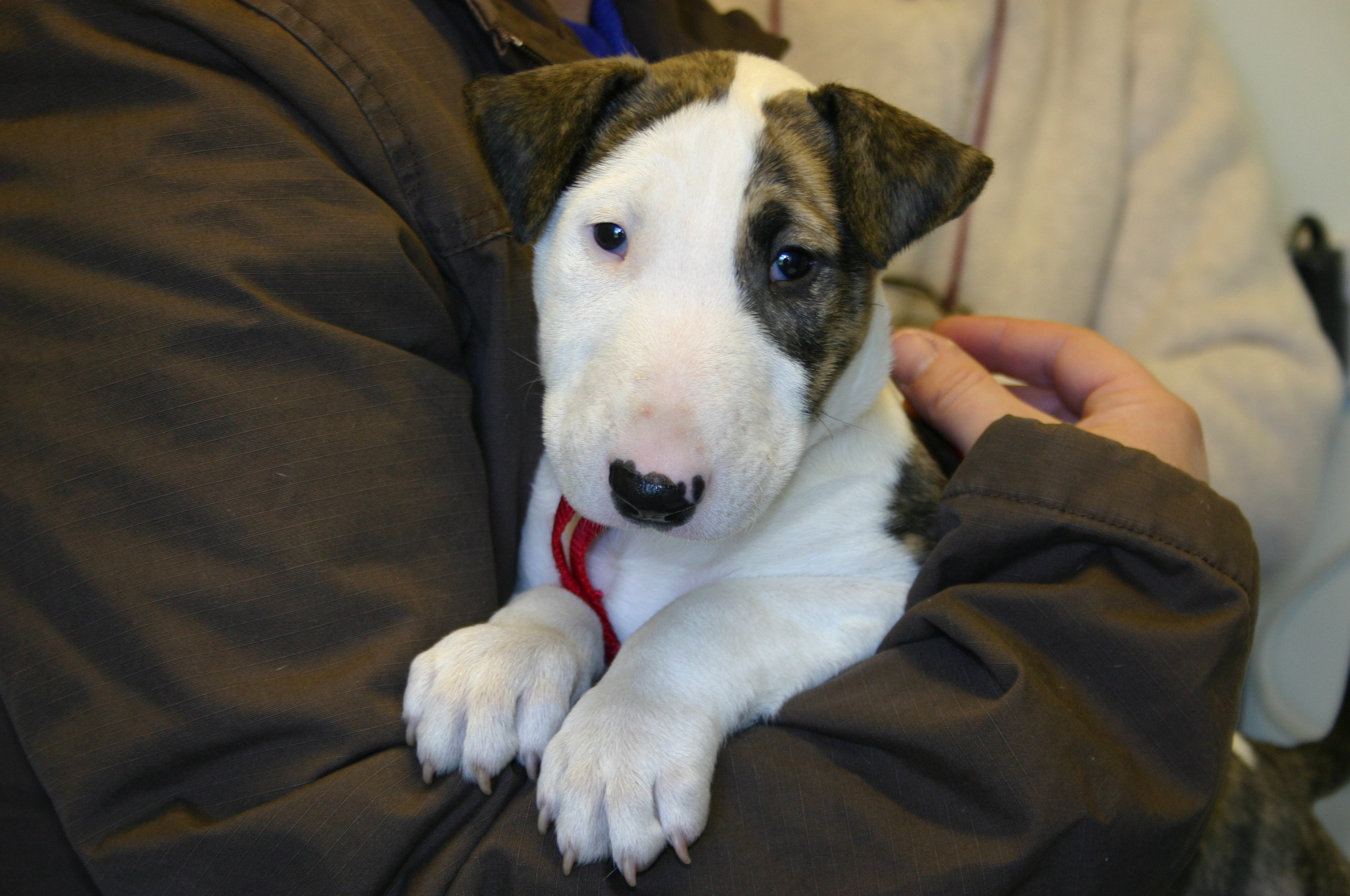The first few months of your puppy’s life set the tone in terms of their behavioural and emotional development. Socialisation and non-social environmental learning are important processes at this time. They enable your puppy to accept the people, animals, objects and experiences in their environment as normal and by building on these good foundations, puppies can go on to be happy and relaxed around them.
The latest data from the Pet Food Manufacturers’ Association suggests that 3.2 million households in the UK have welcomed a new pet into their homes during the last year.
If you have recently welcomed a puppy into your household, then you may be worried about the impact of the restrictions related to the COVID-19 outbreak on your puppy’s development and well-being. Changes in routine, reduced opportunities to go outside and more noise and activity in the home can all have an impact on the way our pets feel and behave. In some cases, increased exposure to stressors can lead to changes in behaviour that are problematic or difficult to live with. As lockdown restrictions ease, routines will change again.
Below are some tips on what to look out for and what you can do to help your puppy cope now and as lockdown restrictions begin to ease.
- Provide appropriate exposure to the physical domestic environment: For example, your puppy can see and hear the vacuum cleaner, lawnmower, hairdryer and other household appliances and can be given a range of different toys to introduce unfamiliar movement, textures and sounds in a non-threatening way. The most important thing is that your puppy is always happy and relaxed when these things are introduced, and is not overwhelmed by them, so work at your puppy’s pace.
- Provide adequate exposure to the external physical environment so your pet isn’t distressed by unfamiliar stimuli outside once lockdown lifts. Direct exposure to a variety of stimuli in the outside world can be supplemented by the use of sound files. These consist of a large number of different sounds in the outside world and can be freely downloaded together with an important manual giving guidance on how to use them (Sounds Sociable from the Dogs Trust Website)
- Ensure your puppy gets used to being left alone. This is more difficult while people are restricted within their homes, but you can create some time alone for your puppy, for example by them being in a different room for short periods of time when this is possible. If another room isn’t available, you can consider a playpen or indoor pen for your puppy to make this easier to achieve and can also have short periods of time when you do not actively interact with your puppy and set up the environment to encourage them to settle alone. When your puppy is alone, remember to take steps to make sure that this is a positive experience for them, for example by providing them with a toy to play with or a tasty chew or Kong. Introduce periods of separation gradually and keep them short but frequent initially.
- Get your puppy used to handling – you can create a positive association with handling whilst you are at home. Start off with gentle stroking, and gradually introduce other forms of handling such as brushing and checking paws and looking in your puppy’s ears and mouth etc. Stop if your puppy shows any signs of being overwhelmed or worried.
- Use this time to get your puppy used to riding in a car. Put your puppy in a stationary car regularly and practise turning on the engine. As always it is important that your puppy is happy and relaxed during this experience and you can help to achieve this by giving them a tasty chew or food dispenser, while they are in the car.
- Call and talk to a vet if you have any concerns about your puppy’s behaviour: It is important to speak to your vet first because changes in behaviour can often be a sign of an underlying health problem. Your vet may refer you to another vet specialising in behavioural medicine or to a suitably qualified behaviourist if they are not able to provide the necessary specific advice within the practice.
Our in-depth guidance on recognising changes in your pet’s behaviour will help you to identify potential problems and outline steps you can take to help your pet cope. There is also specific guidance for kitten and puppy caregivers.
Our thanks to Sarah Heath FRCVS, Daniel Mills FRCVS, Lorella Notari MRCVS, and Rachel Casey MRCVS, recognised specialists in behavioural medicine, for providing information used in this guidance.
